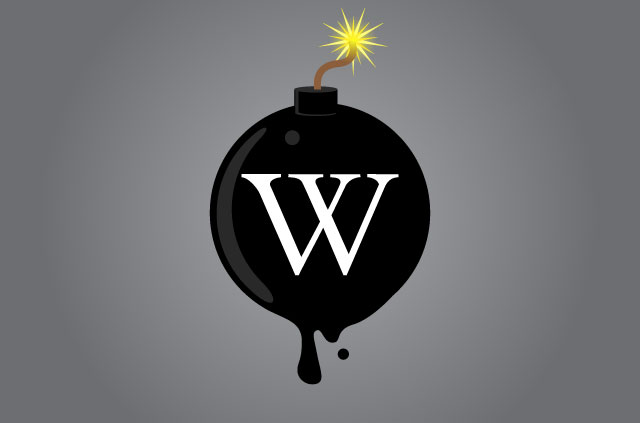Last March, Wikileaks launched a comprehensive archive filled with over 30,000 random Clinton emails. Most were mind-numbingly mundane—afternoon lunch plans, where to meet after work, directions to her next meeting—but if you had the time (and the patience to sift through thousands of mundane subject lines), there were a few juicy tidbits.
What these emails proved is that no matter where you stand on the political fence, there’s no questioning how intrusive data breaches can be. Wikileaks irrefutably changed the course of the 2016 election. Just how much? No one can say, but there’s no denying how eager people were to call fire without first seeing smoke.
So, without further ado, here’s a quick look at some of Wikileaks’ biggest stories.
Scientology isn’t exactly rocket science…or is it?
While Assange’s feud with the Church of Scientology goes back even further than Wikileaks, this was the leak that really opened the floodgates.
In 2008, just two years after its inception, Wikileaks released a trove of confidential documents that detailed the controversial practices of the closed-off church. Leaks included the incredibly eye-opening “Operating Thetan” documents, which detailed the inner workings of the church, its members, and its class system.
Back in black: uncovering Australia’s blacklisted sites
Australia has some of the most obtrusive internet regulations laws in the world. So, when the Australian government created a sickening list of websites they hoped to ban, Wikileaks was quick to reveal. Australian citizens and privacy advocates around the world were quickly up in arms. While, admittedly, a lot of the sites listed were either pornographic and/or illegal in nature, the blacklist also included harmless YouTube videos, Wikipedia entries, and even a few travel websites and dentists. Yes, dentists.
Sarah Palin’s leaked emails didn’t hurt her career, but they didn’t help it, either
Before people were clamoring for Wikileaks to release Hillary’s emails, one-time Republican vice-presidential hopeful Sarah Palin also felt the sting of having her privacy exposed. In 2008, when Anonymous hacked Palin’s private Yahoo account, personal details including her contact information and various family photos were released by Wikileaks. While the contents were relatively boring, the emails received widespread attention because Palin was knowingly using her private email account to avoid having to deal with Alaska’s freedom of information laws.
Ironically, in July 2017, after Wikileaks had released thousands of Hillary Clinton’s emails, Sarah Palin actually apologized to Julian Assange, stating:
“This important information that finally opened people’s eyes to Democrat candidates and operatives would not have been exposed were it not for Julian Assange.”
A VPN is just good common sense for online privacy
Take it from Hillary, the Church of Scientology, the Australian government, and Sarah Palin: The next time you want to write a secret manifesto, send a potentially embarrassing email, upload awkward photos, or basically do anything online that could come back to haunt you, make sure you encrypt your connection by using a VPN.


Recent Comments